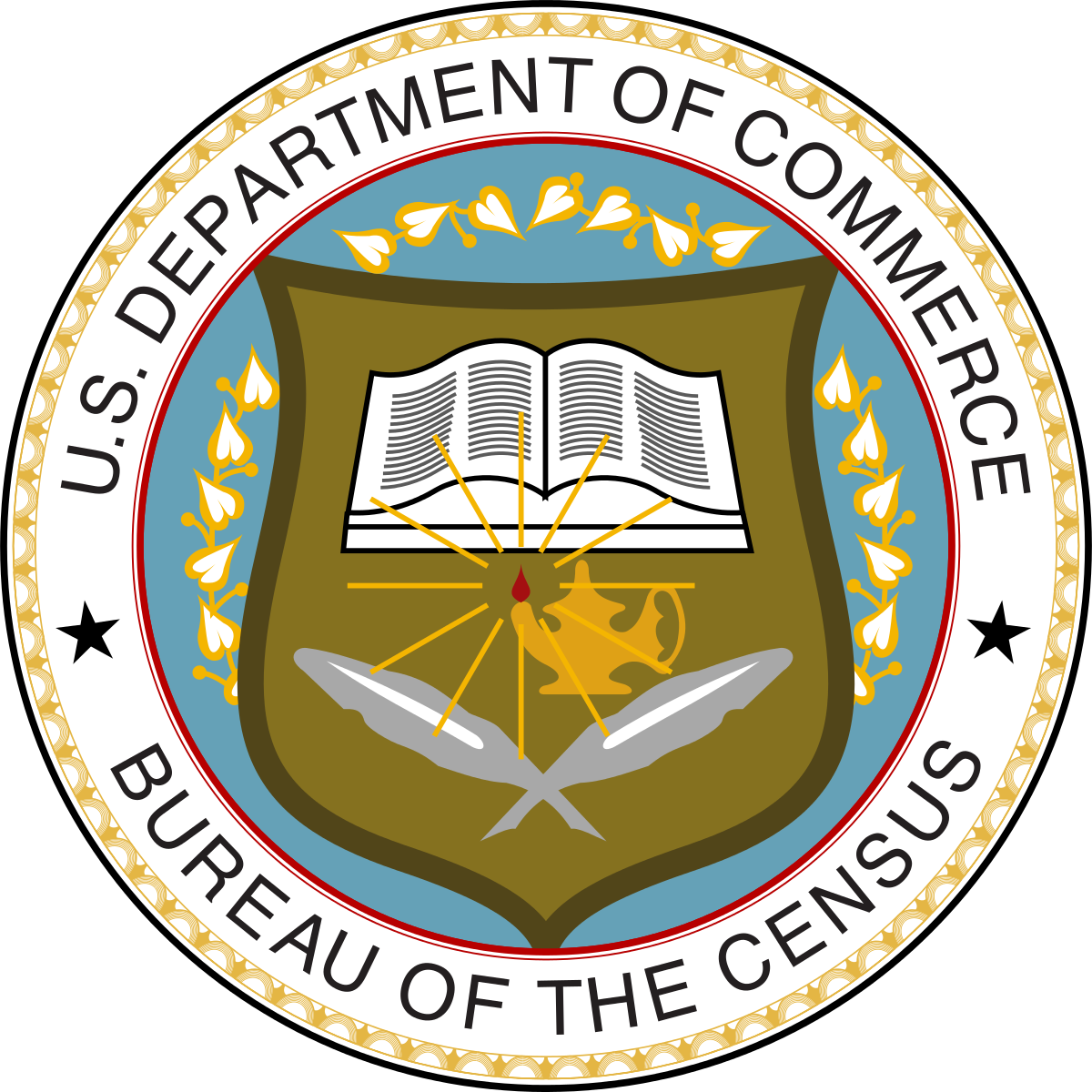
The Opportunity Project (TOP), a program hosted by the U.S. Census Bureau at the U.S. Department of Commerce, has for several years served as a catalyst in adapting agile techniques to solve complex agency mission problems, through a process that brings together agencies, industry, and citizens. TOP works with Federal government agencies to identify significant challenges, and then facilitates partnerships among agency leaders, industry and non-profit innovators, and citizen users to collaborate as teams in developing innovative approaches to address those challenges.
TOP represents a unique, cross-agency program that provides a model for how agencies can work with private sector partners to develop practical approaches to complex problems in an agile, iterative fashion.
In Agile Problem Solving in Government: A Case Study of The Opportunity Project, a new report from the IBM Center for The Business of Government, authors Joel Gurin and Katarina Rebello from the Center for Open Data Enterprise outline the key elements and critical success factors involved in TOP. Drawing insights from several TOP case studies, the authors provide lessons for other agencies, and indeed for governments at all levels, on how agile problem solving can enable public-private collaboration that helps address some of their most significant mission-focused issues.
This report summarizes recent TOP initiatives, discusses examples that show the impact and challenges of this approach, and makes recommendations for similar work across agencies in the future. The Project’s website highlights tools and summarizes previous sprints. The authors demonstrate that this approach, detailed further at https://opportunity.census.